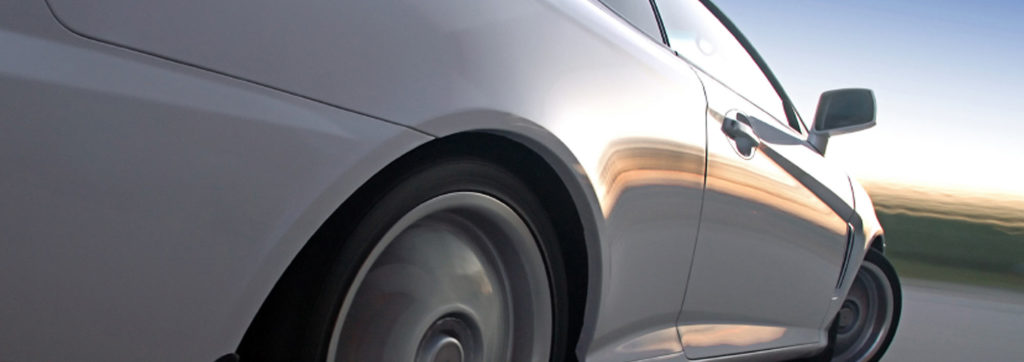UK sales flat despite upcoming road tax hike, diesel demand plummets
08 March 2017

March 08, 2017
UK new car registrations fell annually by 0.3% in February to 83,115 units according to the SMMT, driven down by weaker demand from individuals and companies. More noticeable, however, was the 9.2% drop in demand for diesels compared to February 2016, a steeper drop than the decline in Germany.
Private UK car demand fell 4.4% to 36,018 and business new car registrations fell 5.3% to 1,398, in signs of possible Brexit jitters as the planned March triggering of Article 50 nears and the spending power of households is stretched due to the weak pound, rising oil prices and rising inflation.
However, these declines were offset by a rise in fleet registrations, up from 44,253 in 2016 to 45,699, a rise of 3.3%. The fall in registrations demand was also due to February having one less working day compared to 2016’s leap year.
SMMT Chief Executive Mike Hawes said: ′February is traditionally one of the quietest months of the year and a steady performance was expected following another year of record growth in 2016.’
He expects March figures to bounce back due to the new 2017 number plate and ahead of a hike in vehicle excise duty rates due on 1 April – a boost which did not materialise in February.
The diesel share of the new car market peaked at 51% in 2012 and contracted gradually to 48% in 2016. So far in 2017, the diesel share of the market was 45.1% in January and this fell even further to 44.5% in February. Even if the share manages to hold up at 45% for 2017 overall, this would mean diesel losing as much share in the UK in one year as over the previous four years.
Diesel is under mounting pressure from cities instigating bans from their roads to create clean air zones, such as those recently mooted in Vienna, Liverpool and Stuttgart.
Analysts predict that the UK car market, Europe’s second-largest, will decline by 5% in 2017 following two years of record growth.